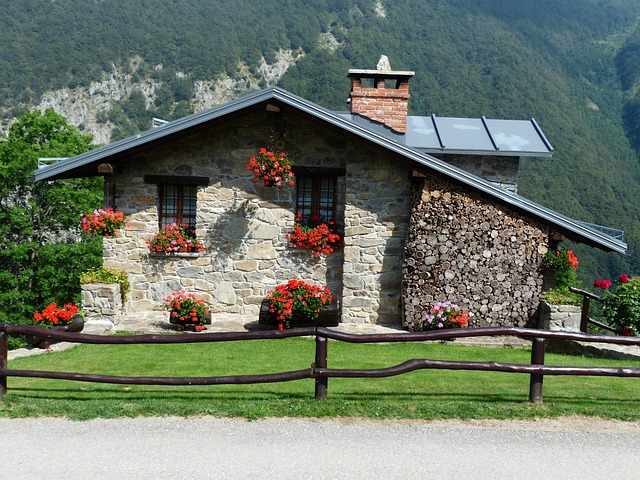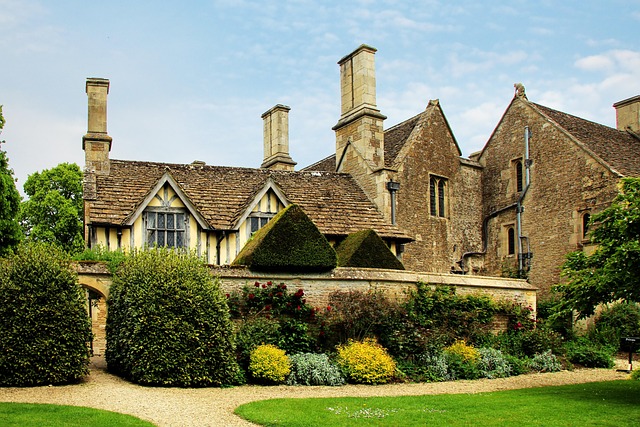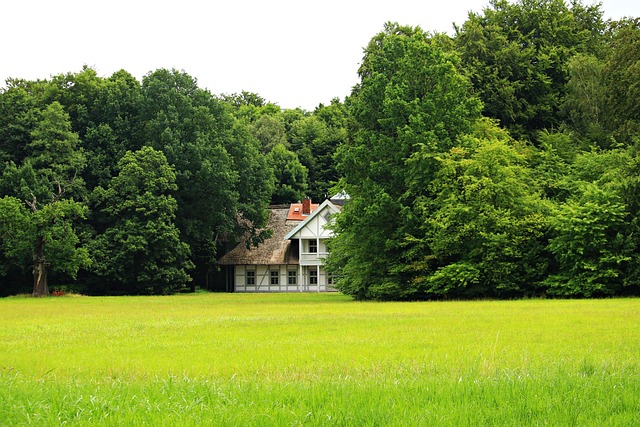Category: Foreclosed Homes Madison Ms
-

We Buy Houses Jackson MS: Sell Fast with Expert Buyers
“Looking to sell your house fast in Jackson, MS? ‘We Buy Houses in Jackson’ offers a convenient and…….
-

Buying Foreclosed Homes Jackson MS: A Comprehensive Guide
“In Brandon, Mississippi, understanding the landscape of foreclosed homes is key for both sellers fa…….
-

Investing in Byram MS Foreclosed Homes: We Buy Houses Jackson MS
“Discovering opportunities in Bynam, Mississippi’s real estate market? With a focus on foreclosure h…….
-

We Buy Houses Jackson MS: Quick Cash for Your Madison Home
Considering selling your house fast in Madison? We Buy Houses Jackson MS offers a stress-free proces…….
-

Selling Your House Fast: We Buy Houses Jackson MS Guide
“Considering selling your home in Madison? ‘We Buy Houses Jackson MS’ offers a convenient, stress-fr…….
-

We Buy Houses Jackson MS: Easy Property Selling Solutions
“Considering selling your house in South Jackson, MS? Discover the benefits of choosing ‘We Buy Hous…….
-

We Buy Houses Jackson MS: Sell Fast with Benefits & Challenges
“Looking to sell your house fast in Jackson, Mississippi? We Buy Houses Jackson MS is your trusted s…….
-

Buying Foreclosed Homes: Jackson MS Opportunities Unlocked
“Explore the vibrant real estate landscape of Brandon, Mississippi, particularly its foreclosed home…….
-

Home Inspection Tips: We Buy Houses in Jackson
Considering selling your home in Madison, MS? Understanding the process with ‘We Buy Houses in Jacks…….
-

We Buy Houses Jackson: Relief for Madison Foreclosure Faces
“Facing foreclosure in Madison, MS? Understand your options with this comprehensive guide. ‘We Buy H…….